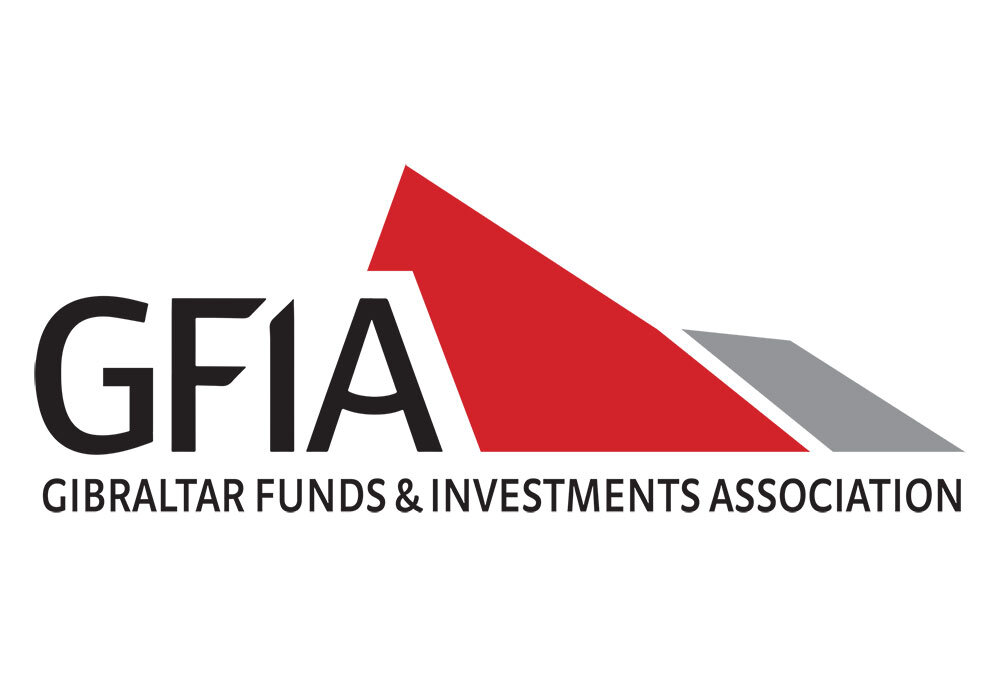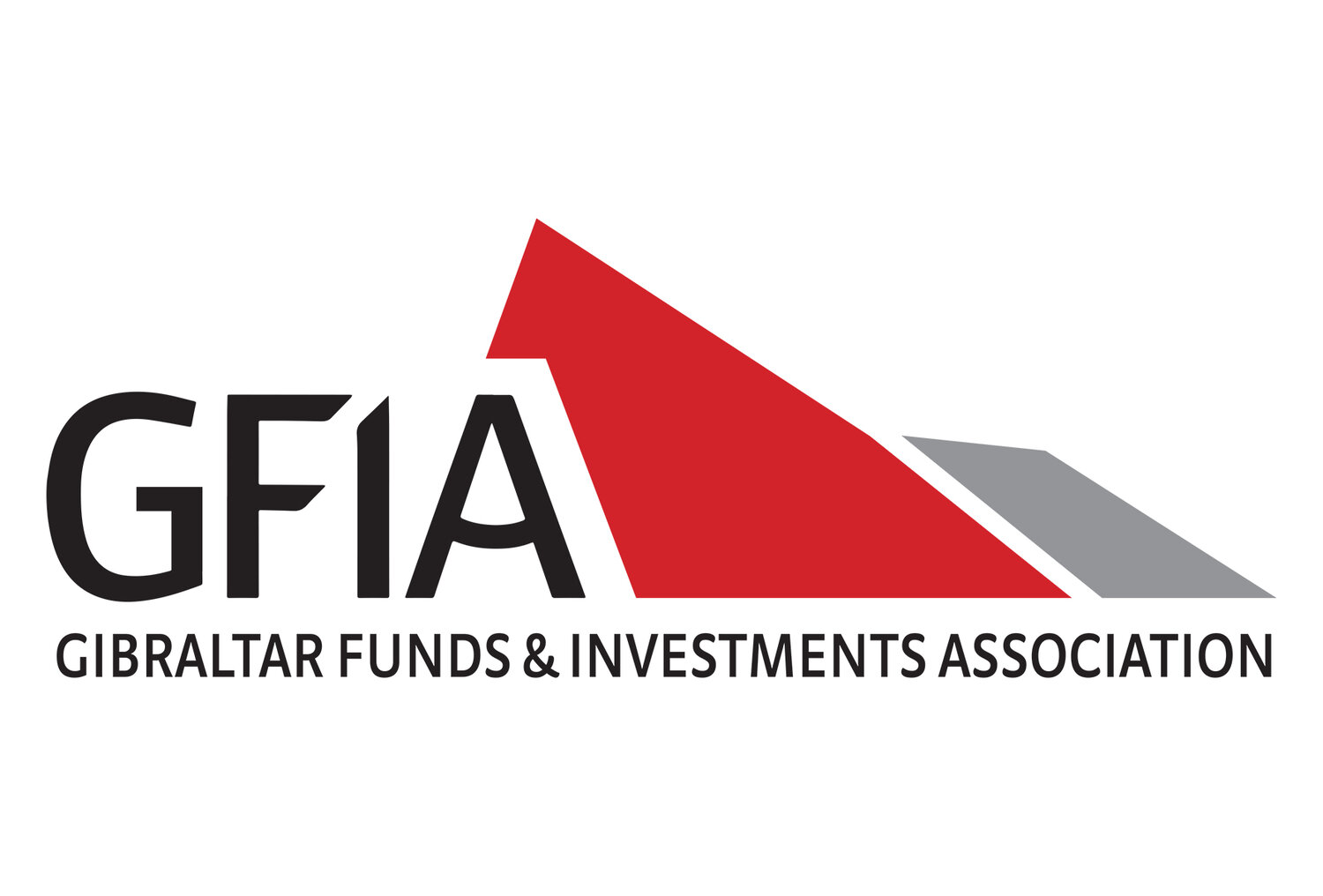Asset Managers HUB
Why Gibraltar for Investment Managers?
Passporting access to the United Kingdom:
Following Brexit, Gibraltar is the only country or overseas teritory with passport rights in the United Kingdom.
Robust Regulatory Environment:
The Gibraltar Financial Services Commission (GFSC) provides a robust yet business-friendly environment, ensuring that investment can operate with confidence while remaining fully compliant.
Corporate Tax Efficiency:
Corporate tax is 15% and dependent on a firm’s structure, performance and carry fees are typically treated as capital gains rather than income.
Personal Tax Efficiency and Special Tax Relocation Programmes:
Gibraltar offers a highly favorable tax regime, including no capital gains tax, inheritance tax, or VAT. The High Executive Possessing Speciallist Skills (HEPSS) regime assists firms in relocating key individuals with qualifiying skills to Gibraltar. Under the HEPSS rules, a qualifying individual will only be subject to tax on their first £160,000 of annual income.
Convenient location:
Gibraltar is easily accessed from the UK and mainland Europe and time-zoned to work with both Asia and the Americas.
Transparency and compliant:
Gibraltar is a member of the FATF and has implemented international compliance and transparency requirements including FATCA/CRS, UBO register and crypto travel-rule.
Expertise in Niche Markets:
Gibraltar is a leader in niche financial markets such as cryptocurrency, digital assets, private equity, and venture capital.
Navigating Gibraltar’s Investment Managers Landscape
What investment services and activites are regulated?
Gibraltar’s regulatory regime covers all financial instruments which includes:
transferable securities,
money-market instruments,
units in collective investment undertakings,
options, futures and other derivatives relating to securities, currencies, interest rates, indicies or commodities
derivative instruments for the tranfer of credit risk
financial contracts for difference
options, futures, swaps, forward rate agreements and any other derivative contracts relating to climatic variables, freight rates, emission allowances or inflation rates or other official economic statistic
Emission allowances consisting of any units recognised for compliance with the requirements of Directive 2003/87/EC
Regulated services are split into Core Services and Non-Core Services.
Core Services:
Reception and transmission of orders in relation to one or more financial instruments.
Execution of orders on behalf of clients.
Dealing on own account.
Portfolio management.
Investment advice.
Underwriting of financial instruments or placing of financial instruments on a firm commitment basis.
Placing of financial instruments without a firm commitment basis.
Operation of Multilateral Trading Facilities.
Operation of an Organised Trading Facilities.
Non-Core Services:
Safekeeping and administration of financial instruments for the account of clients, including custodianship and related services such as cash/collateral management.
Granting credits or loans to an investor to allow them to carry out a transaction in one more financial instruments, where the firm granting the credit or loan is involved in the transaction.
Advice to undertakings on capital structure, industrial strategy and related matters and advice and services relating to mergers and the purchase of undertakings.
Foreign exchange services where these are connected to provision of investment service
Investment research and financial analysis or other forms of general recommendation relating to transactions in financial instruments.
Services related to underwriting.
Services related to crypto and digital assets may be captured by Gibraltar’s DLT licensing regime or VAPS registration requirements.
How are Investment Firms classified?
Investment Firms are typically licensed under MiFID or AIFMD and are required to comply with the Investment Firms Prudential Regime.
MiFID
Under MiFID II, investment managers in Gibraltar are required to implement best execution policies, maintain transparency in trading and fee structures, and ensure that all client transactions are handled fairly. MiFID II sets high standards for client protection, risk management, and reporting.
AIFMD
Similarly, for those managing alternative investment funds, the AIFMD requires stringent oversight on risk management, transparency, and disclosure to investors. AIFMD requirements cover the entire fund lifecycle, from investor protection and fund governance to risk management and liquidity.
Investment Firms Prudential Regime
The IFPR is a purpose built regime which considers capital adequacy and prudential requirements. Under the IFPR the classification system for investment firms is based on their activities, systemic importance, size, and interconnectedness, as well as K-factors.
K-factors are quantitative indicators that are intended to identify risks that an investment firm may pose to clients, market access or liquidity, and to itself.
Under the IFPR, investment firms fall into four classes as follows:
Systemically important investment firms (or Class 1A firms) – those investment firms considered to be sufficiently important to the orderly functioning of the financial markets in which they operate that they should be classified as credit institutions and subject to the prudential requirements in the current Capital Requirements Directive (CRD) and Capital Requirements Regulation (CRR).
Large investment firms (or Class 1B firms) – large (but not systemically important) investment firms that deal on own account and/or carry out underwriting/placing on a firm commitment basis. These firms will remain subject to the prudential requirements under the current CRD/CRR.
Non-S-NII (Non-small and non-interconnected investment) firms (or Class 2 firms) – non-systemic investment firms that exceed specific quantitative thresholds. These firms are subject to the full scope of the IFPR.
S-NII (Small and non-interconnected investment) firms (or Class 3 firms) – small investment firms with simpler business models and a reduced scope of activities. These firms are subject to requirements under the IFPR which are proportionate to the risks that they pose to the public and the financial markets in which they operate.
How to Set Up your Investment Magement business in Gibraltar
Engage relevant advisors
Hire/Relocate adqueate staff and identify premises
Submit application to the Gibraltar Financial Services Commission including detailed business plan, systems and controls, compliance and AML procedures and business continutity plans
The GFSC’s application process consists of three stages and , is transparent, with published service level standards and timelines.
All directors and controllers of 10% of a regulated firm are required to be approved by the GFSC.
Key requirements:
Fit and properness test
Adequate resources, systems and controls
Adherence to “four-eyes” principle
Mind and management in Gibraltar.


